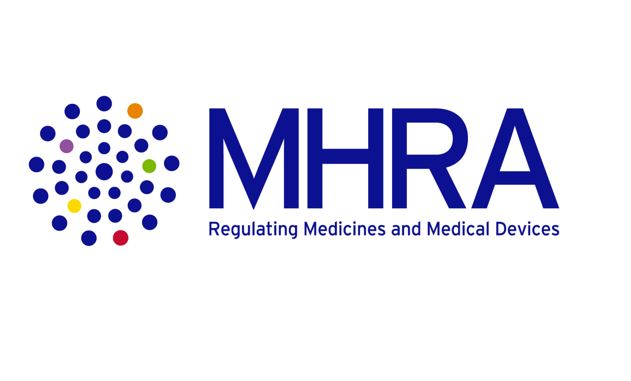UK grants early access to Novartis' prostate cancer radioligand

The UK regulator has said eligible patients with prostate cancer will get early access to a radioligand therapy developed by Novartis' Advanced Accelerator Applications (AAA) subsidiary while it is under regulatory review.
The Medicines and Healthcare products Regulatory Agency (MHRA) has given the green light for 177Lu vipivotide tetraxetan – approved last month in the US as Pluvicto – to be included in the Early Access to Medicines Scheme (EAMS).
The EAMS provides a route for clinicians and patients in desperate need of treatment options to try experimental therapies before formal approval, with the drug developer generally providing the drug at no cost.
The MHRA is currently reviewing 177Lu vipivotide tetraxetan for previously-treated patients with PSMA-positive metastatic castration-resistant prostate cancer (mCRPC), a group with limited treatment options, and is due to deliver a verdict on later this year.
In the VISION study reported at ASCO last year, Pluvicto given on top of standard care reduced the risk of death by 38% compared to standard care alone in men with PSMA+ mCRPC who had progressed after three or more prior anti-androgen and chemotherapy regimens.
"With over 11,500 prostate cancer deaths every year in the UK alone, and few alternative treatments, there is an urgent need to make new and improved treatments available," said AAA's general manager for the UK & Ireland, Baltics and Nordics, Alessandra Dorigo.
"We are committed to continuing our work in collaboration with the NHS to improve access to innovative treatments," she added.
The drug was the lead asset in Novartis' $2.1 billion takeover of Endocyte in 2018, one of a series of recent deals made by the company in the radiopharma category, and is due to be launched in the US within the next few weeks.
AAA is also testing 177Lu vipivotide tetraxetan as an earlier-stage therapy for metastatic prostate cancer, which currently has a five-year survival rate of less than 30%, as well as in the pre-chemotherapy setting in CRPC.
Novartis reckons in time the drug could become a $2 billion-a-year blockbuster.












